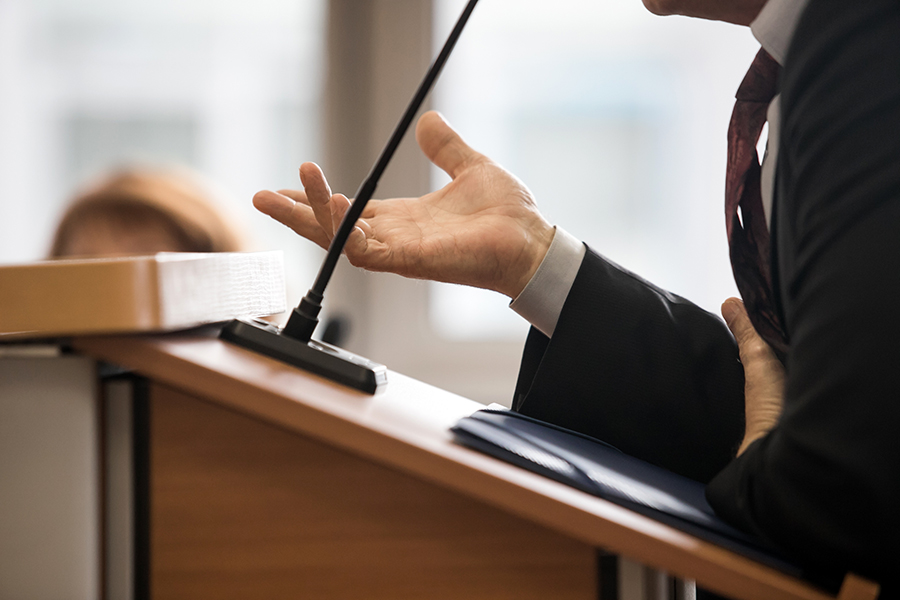
There's no doubt that litigation is complicated. Both criminal and civil cases often include complex issues that bewilder the trier of fact. To help with this, the law allows the use of expert witnesses to make the facts more understandable. Expert witnesses especially play critical roles in cases that hinge on scientific evidence. See why this special class of witnesses may be a necessary factor in your case.
What Makes a Witness an Expert
When we use the term expert in this context, it really refers to two different attributes. Expert witnesses are largely considered as the top professionals in their field. This means they will have all the education and experience necessary to back up their testimony. Furthermore, most expert witnesses have specific credentials, honors or awards and peer-reviewed, published works. In this sense, expert witnesses are the "cream of the crop" in their chosen profession.
Expert witnesses are also highly competent at presenting testimony. These witnesses participate in a number of different court proceedings on a regular basis. As such, they are familiar with court proceedings and the expectations before them. Expert witnesses will usually prepare a report beforehand to present to the court and jury. Thus, experts bring an air of professionalism to your case as well.
The Objective of an Expert Witness
Although expert witnesses can help you win your case, it is not their underlying goal. For one, experts are expected to act in a fair, impartial manner. They give a purely objective interpretation of the facts based on scientific, medical or industry-based knowledge. Furthermore, the underlying purpose of having an expert is to help the jury understand the facts. In this sense, the role of an expert witness is to assist in the clear, fair presentation of facts.
Utah Rules of Evidence 702
Rule 702 of the Utah Rules of Evidence governs the use of expert witnesses in Utah courts. This section clearly mirrors the federal statute addressing experts, also called Rule 702. Under this section, testimony by an expert is admissible if it meets three criteria:
- It is reliable.
- It has a basis in sufficient data or facts.
- There is a reliable application to the facts of the case.
An experienced attorney will need to show that these prongs are met in a manner that is generally accepted by the scientific community. A potential expert will also be examined by the opposing counsel. In the end, the moving party will request that the court qualify and accept the witness as an expert. The judge will have the final say when it comes to giving a witness this designation.
How an Expert Can Help You
Testimony from an expert can help you at both the negotiation and trial stage of a case. The opinions rendered by experts can help sway the case in your direction. Although there is a fee for hiring an expert witness, it is often worth the effort.
For more information about the process involved with expert witnesses in criminal law, business law or family law, contact T.R. Spencer Law Office.